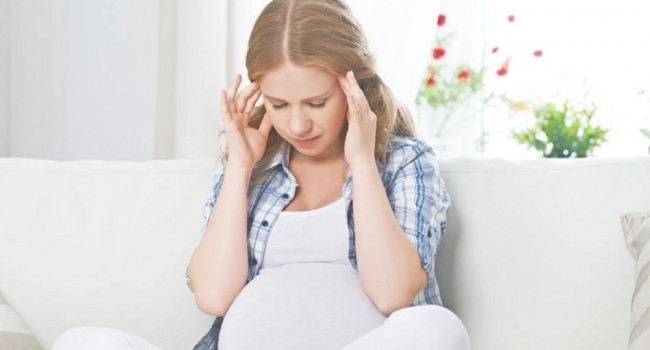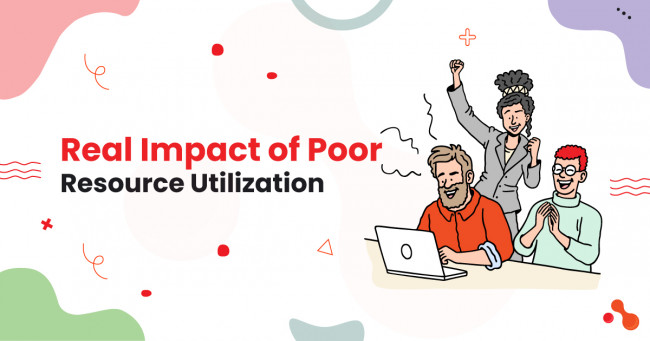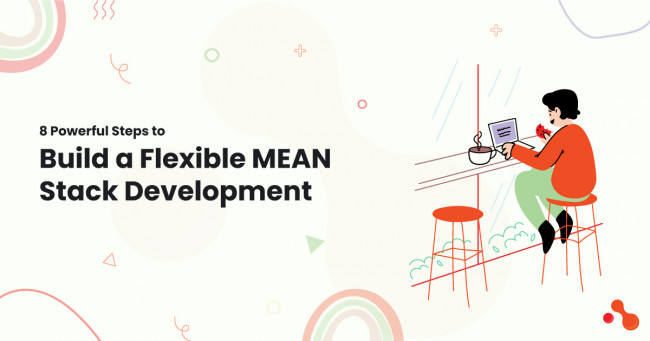Introduction
Stress in pregnancy is a response to new events, situations, or challenges; although stress is a part of life, experiencing it for a long time can have bad outcomes for the mother and baby’s health.
Furthermore, bringing a beautiful little human into the world is exciting and stressful at the same time because pregnancy brings many challenges, prenatal and postnatal.
Too much stress during pregnancy in the third trimester hinders daily activities and causes many complications during and after childbirth. Moreover, stress affects the mother and baby’s psychological and physical well-being.
Causes of Stress in Pregnancy
Women are on a roller coaster of emotion during their pregnancy in the third trimester. From the first day of conception and even after childbirth, they undergo hormonal changes that bring many new challenges to their health.
Pregnancy stress, to a certain level, is normal and helps them prepare for their new role as a mother, but when it reaches a level where it is a risk for complication, it’s a matter of concern.
Let’s sneak into some major causes of stress:
- Physical changes in the mother
- Weight gain
- Change in posture
- Breast enlargement
- Skin pigmentation is called the “mask of pregnancy.”
- Swelling on foot and legs.
- Cramps
- Indigestion
- Morning sickness
- Hyper or hypotension
- Insomnia
- Hormonal changes
- In the early days of gestation, women experience a variable flood of estrogen and progesterone that bring mood swings and is the causative agent of stress.
- Further, cortisol is another name in the line; it is also famous as the primary stress hormone; its level increases during pregnancy, especially in the morning.
- Medical conditions like pregnancy-induced hypertension, gestational diabetes, Anemia, and Urinary tract infection are also a source of stress.
- Fear about the childbirth process, especially if it’s a cesarean section, is a major reason for stress.
- For some women’s hospital visits to a gynaecologist, certain pathological reports or scan causes a great deal of stress.
- Adjustment issues related to newborns and spouses, particularly for first-time mothers, can cause stress.
- Financial or occupational challenges during pregnancy affect the mother’s health to a great extent.
- If a mother has a history of mental or physical illness, the pregnancy stress is aggravated because of new challenges.
Effects of Stress in Pregnancy in the Third Trimester on The Development of a Baby in The Womb
Ongoing chronic pregnancy stress in the third trimester harms the health of the unborn. Let’s delve into some serious effects of stress:
Effect on Brain Development of the Fetus
The brain is one of the first major human organs to develop in the uterus. Pregnancy stress in the third trimester can alter brain chemistry, anatomy, and genetic blueprints.
Further, pregnancy stress in the third trimester affects the blood supply to the uterus, resulting in a lack of oxygen supply and altering the architecture of the brain anatomy.
Although, stress experienced by mothers results in the overactivation of the Hypothalamic Pituitary and Adrenal Hormone axis (HPA). HPA is responsible for the response to acute and chronic stressors.
Most Importantly, severe pregnancy stress results in a decreased brain volume of the fetus and dysregulation of the neuroendocrine stress response system. However, such babies are vulnerable to developing psychological disorders later in life.
Furthermore, there is evidence that prenatal stress alters neurobiological fetus development, resulting in the risk of affecting the nervous system.
Babies exposed to prenatal stress often affect the stress response in the fetus, which have a long last effect on the physiological, behavioural, and social course of development.
Effect of Stress on Baby Physical Growth
Pregnancy stress is delivered to the babies in the uterus through the blood supply. When a mother experience stresses mild to severe, particularly during the first trimester decreases the blood flow, compromising the fetus’s growth.
Effect of Stress During Childbirth
One of the major complications women experience from pregnancy stress is the enhanced placental production of CRH (corticotrophin-releasing hormones) that are vital for the duration of gestation and fetal maturation.
So the increased level of CRH escalated the risk of pre-term labour. Some women have serious fetal viability risks due to early labour and compromised immunity against various diseases.
How to Manage Stress During Pregnancy In the Third Trimester?
A womb is a busy place for a fetus; a lot of development is in the process at every moment. There are some ways to relieve stress.
1. Identification of stress
Consider the changes in mood, severe mood swings, and stress in pregnancy if they bother you, and talk to your partner, family, friend, or a pregnant women group.
2. Consult a gynaecologist
Please make an appointment with your gynaecologist to discuss with her to ensure everything is going well in the womb. Your gynaecologist’s assurance is above all remedies that work for stress relief in pregnancy.
Take a therapy session with a psychologist if your doctor recommends it.
3. Consider your diet
Almost every woman experiences cravings during pregnancy, which can result in weight gain, which causes Pregnancy stress in some cases. The meal should be balanced and according to the dietitian’s recommendation in case of any health issues.
Eat healthy, feel healthy, and take plenty of water. Keep on weight check.
4. Physical activities.
To avoid stress during pregnancy, participate in yoga and other activities. Further, listening to music also decreases stress.
5. Plane your labour day and postpartum.
Talk to your gynaecologist about all the worries. Plan the birth date and postpartum to avoid stress and postpartum depression. Similarly, good preparation will keep you calm.
Conclusion
Experiencing stress in pregnancy is normal if it is to some extent; every woman goes through it, and you are not alone. But if it makes it impossible for you to continue your daily activities, consult your gynaecologist as soon as possible. Leaving stress untreated during pregnancy hurts the baby and the mother’s physical and psychological health.
Question 1: Can stress affect the baby's development in the third trimester? Answer: Prolonged or chronic stress during pregnancy, including the third trimester, can potentially affect the baby's development. Stress hormones released by the mother can cross the placenta and reach the fetus, potentially impacting its growth and development.
Question 2: Can stress cause preterm labour in the third trimester? Answer: Yes, excessive stress during pregnancy, especially in the third trimester, may increase the risk of preterm labour. Stress triggers the release of certain hormones that can interfere with the normal progression of pregnancy, potentially leading to premature birth.
Question 3: How does stress affect the mother's health in the third trimester? Answer: Stress during the third trimester can affect the mother's health. It may contribute to high blood pressure, gestational diabetes, disrupted sleep, and weakened immune function. Additionally, stress can exacerbate pregnancy discomforts such as back pain or digestive issues.
Question 4: What are the potential emotional effects of stress in the third trimester? Answer: Stress during the third trimester can affect the expectant mother emotionally. It may lead to increased feelings of anxiety, irritability, mood swings, and difficulty concentrating. These emotional challenges can further contribute to the overall stress experienced during pregnancy.
















